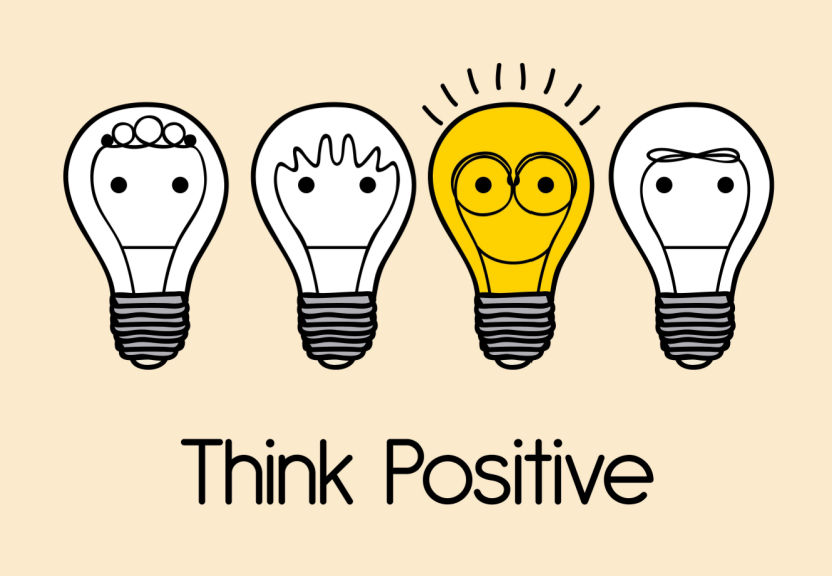Holistic Approach vs Lack of Evidence
Alternative medicine, also known as complementary or integrative medicine, refers to a wide range of healthcare practices that are not considered to be part of conventional medicine. This can include practices such as acupuncture, herbal medicine, homeopathy, and naturopathy, among others. While alternative medicine has gained increasing popularity in recent years, it also carries some pros and cons.
One of the main pros of alternative medicine is that it can be a more holistic approach to healthcare. Alternative medicine practitioners often take a whole-person approach, considering the patient’s physical, emotional, and spiritual well-being. This can lead to a more personalized and comprehensive approach to healthcare, which can improve patient outcomes.
Another pro of alternative medicine is that it can be less invasive than conventional treatments. Many alternative therapies, such as acupuncture or herbal medicine, do not involve the use of drugs or surgery and can be less risky than conventional treatments.
Additionally, alternative medicine can be more cost-effective than conventional treatments, especially when it comes to chronic conditions. Alternative therapies can help to reduce symptoms and improve the quality of life, avoiding the need for expensive and potentially risky medical procedures.
On the other hand, one of the cons of alternative medicine is that it is not always backed by scientific evidence. While some alternative therapies have been studied and found to be effective, many have not been rigorously tested and lack scientific support.
Another con is that alternative medicine can be risky if not used correctly. Some alternative therapies can interact with conventional medications, and some herbs and supplements can be harmful if taken in high doses. In addition, some alternative therapies may not be safe for certain people, such as pregnant women or those with certain health conditions.
Finally, alternative medicine can raise concerns about patient safety and quality of care. Not all alternative medicine practitioners are licensed or regulated, and there can be a lack of oversight and accountability in the field.






In conclusion, alternative medicine can offer a more holistic and personalized approach to healthcare, and can be less invasive and more cost-effective than conventional treatments. However, it is also important to be aware of the potential risks and lack of scientific evidence surrounding many alternative therapies. It’s important to consult with a qualified healthcare professional and weigh the potential benefits and risks before trying any alternative medicine practice.
The articles and information within this website are my sole opinion and derived from my sole experience. They are meant for general information purposes only and is not meant to substitute professional dietary and/or health advice or treatment. If you have or suspect you may have allergies or medical issues which may be affected by certain foods, or have or suspect you may have any illness and/or disease and/or chronic ailment and/or other, you should promptly contact your health care provider. Any statements regarding diets and/or nutrition and/or health are to be used at your discretion and are not intended to diagnose, treat, cure or prevent any disease.























